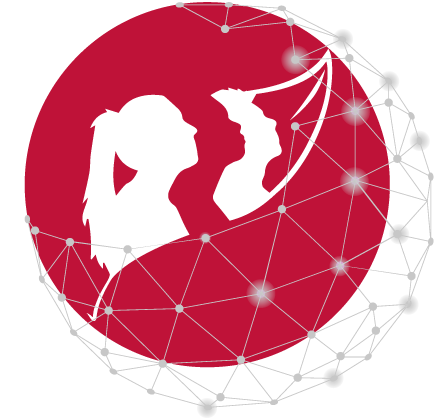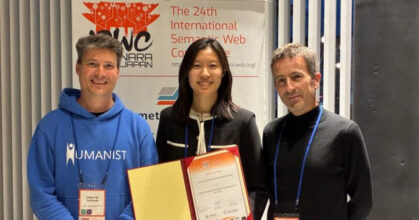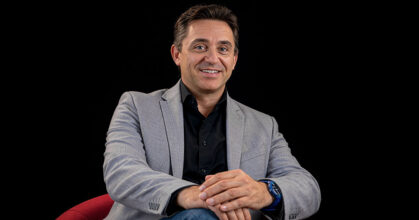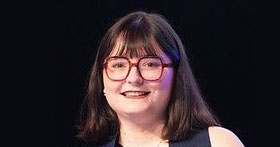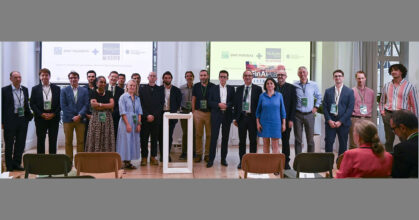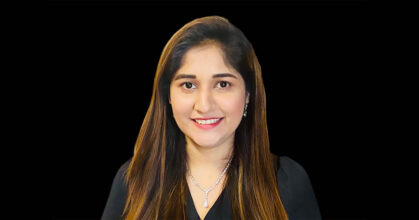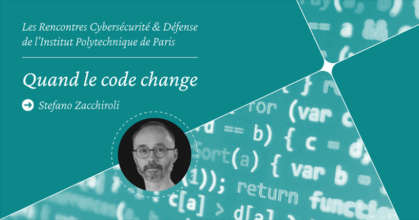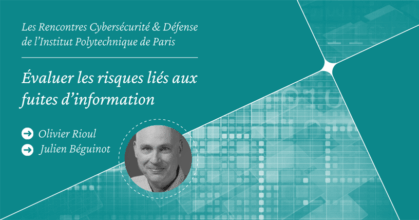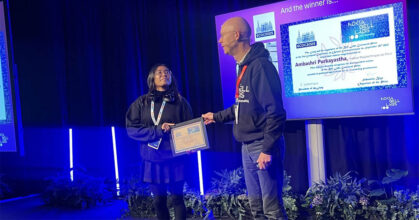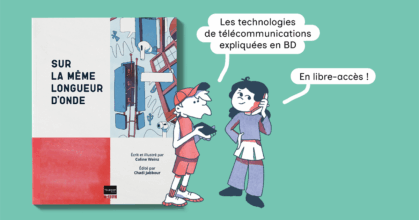Communication networks rely on a range of communication media that can be wireless, wired, optical etc., to transmit, retrieve and process data. Constraints are generally placed on the tasks that need to be carried out. These constraints take into account a number of performance metrics, such as complexity, reliability, latency and secrecy. Depending on the nature of the network, they can be addressed in a centralized or in a decentralized way.
Over the past five years, the Mathematics of Information & Communication (formerly Digital Communications) team has focused its research work on gaining a better understanding of the fundamental limits of communication networks and devising the means to reach them.
The Mathematics of Information & Communication team is particularly active in the following areas:
- Point-to-point co mmunications
- Network optimization
- Communications and device security
- Interdisciplinary tools derived from information theory and statistics
Team members
- Aslan Tchamkerten, Professor, team leader
- Hadi Ghauch, Associate Professor
- Ashok Vardhan Makkuva, Associate Professor
- Ghaya Rekaya Ben Othman, Professor
- Olivier Rioul, Professor
Mots-clés
- Information theory
- Network data processing
- Coding
- Distributed optimization
- Security
LTCI latest news

Best Paper Award at Int'l Semantic Web Conference
PhD, Faculty Members, Modeling — 16/02/2026Y. Peng, Th. Bonald, and F. Suchanek receive a Best Paper Award for their paper “FLORA: Unsupervised Knowledge [...]
[Ideas] Could AI help combat tax evasion?
Data Science & AI, Digital Economy, Faculty Members — 03/02/2026Nils Holzenberger: help legislators to anticipate risks when drafting new laws.
[Ideas] Research: balance between targeted innovation and scientific freedom
Faculty Members — 29/01/2026F. Grillot: Supporting fundamental research with no immediate purpose is essential for major scientific [...]
Smartphone Circular Economy & Buy-Back Policies
PhD, Digital Economy, Modeling — 26/01/2026In her PhD thesis, Tiphaine George develops an innovative mathematical model of the circular economy of smartphones.
FinAI-Lab, joint lab with BNP Paribas about Financial AI
Data Science & AI, Digital Economy — 03/12/2025This new lab helps address key challenges faced by large financial institutions when deploying AI at [...]
Macro-threats on microarchitectures
Digital Trust, Faculty Members — 28/11/2025Maria Mushtaq, researcher at Télécom Paris and organiser of the MIC-SEC winter school, sheds light on the developments and [...]
When the code changes (IP Paris)
Digital Trust, Faculty Members — 30/10/2025Stefano Zacchiroli is co-founder of the Software Heritage project. Drawing on this global archive of open source software, he offers [...]
Assessing the risks associated with information leaks
PhD, Digital Trust, Faculty Members — 17/10/2025Olivier Rioul and Julien Béguinot, PhD student, use tools from the mathematical theory of communication [...]
Future of optical communications: Best Student Pitch
PhD, Communication Systems & Networks — 04/10/2025Congratulations to Ambashri Purkayastha, PhD student at LTCI (Télécom Paris), SAMOVAR (Télécom [...]
A comics about 5G and telecoms!
Digital Trust, Faculty Members, Communication Systems & Networks — 08/09/2025"Tuned-In" by Coline Weinz and Chadi Jabbour introduces you to radio waves, the hidden side of your [...]
